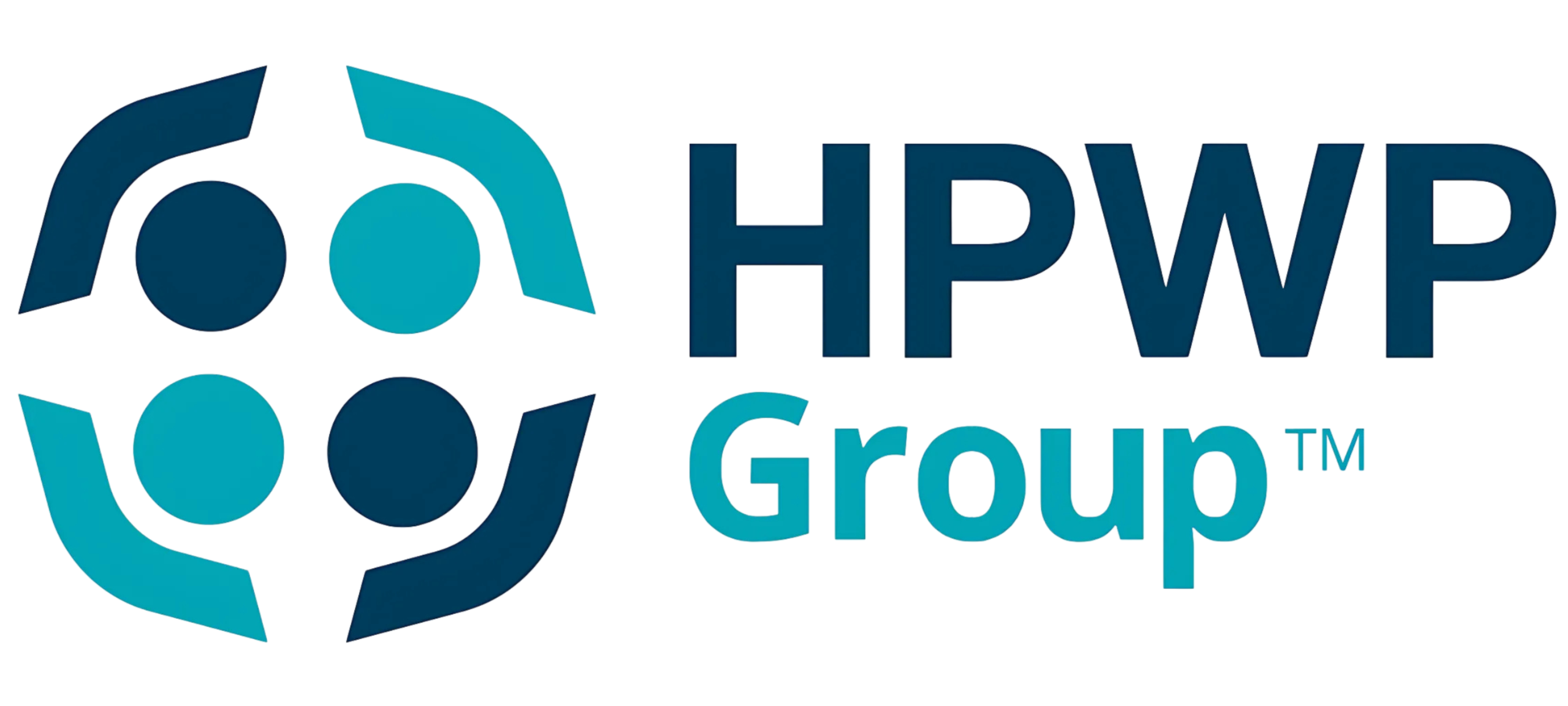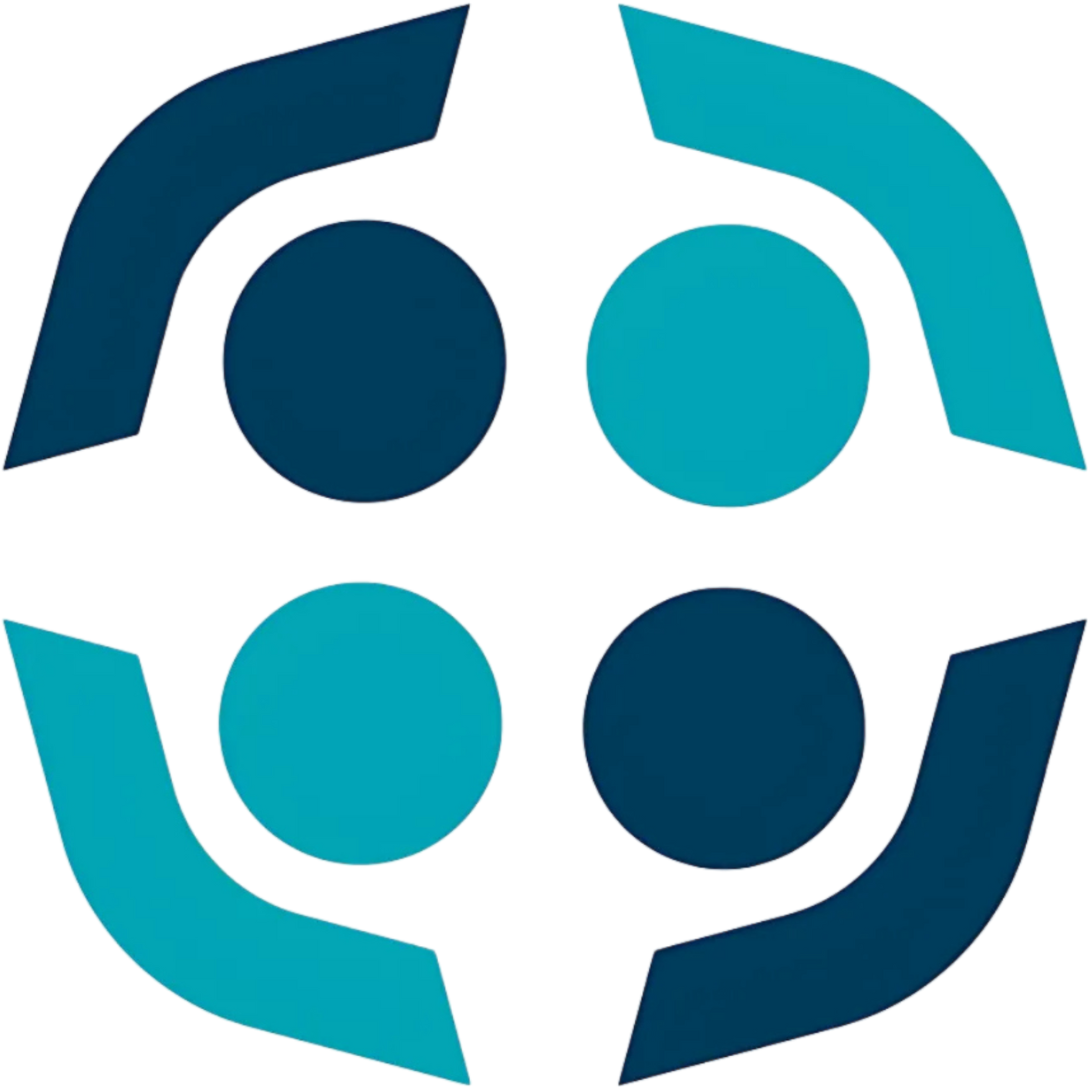Divisive Leadership is Easy

If you’re in a position of power or influence, it’s easy to gain followers who agree with what you say. But what if someone doesn’t agree? In organizations where the leader is consciously or unconsciously addicted to power and largely motivated by self-interest, those who disagree find themselves outside of the inner circle. Although they probably don’t think of themselves as divisive, these leaders are not overly troubled by the disempowerment felt by those not in the inner circle. And they are regularly lauded by those who are. Easy. But does it serve the organization as well as it serves its leader?
True leaders include their detractors in discussion and decision-making. The focus is to improve the welfare of others and the organization. They really listen to other points of view. (This very act of authentic listening starts to defuse the negative emotions that often accompany heated debate.). But is it easy to unite those with differing opinions toward a common goal? No.
There are processes that support achieving win/win solutions. When there are conflicting ideas, it’s necessary to find a common goal and then define it as a mutual problem statement. Instead of debating, the group becomes united in solving a problem affecting all sides. But this takes time and, most importantly, leadership’s intention to be inclusive.
Most agree that innovation is key to an organization’s growth and success. Leaders who take the easy way will minimize that opportunity.
Leadership development is crucial if you want to create a culture that can adapt in these rapidly changing times. At HPWP, our team is here to help guide your leadership team and drive new approaches that can transform your business for the better.
One last point: In a country where we have serious differences in our approach to policy and governance, will we be able to find a leader who is focused on its people’s welfare and has the strength, time and endurance to unite us?
A democracy calls for such a leader.












